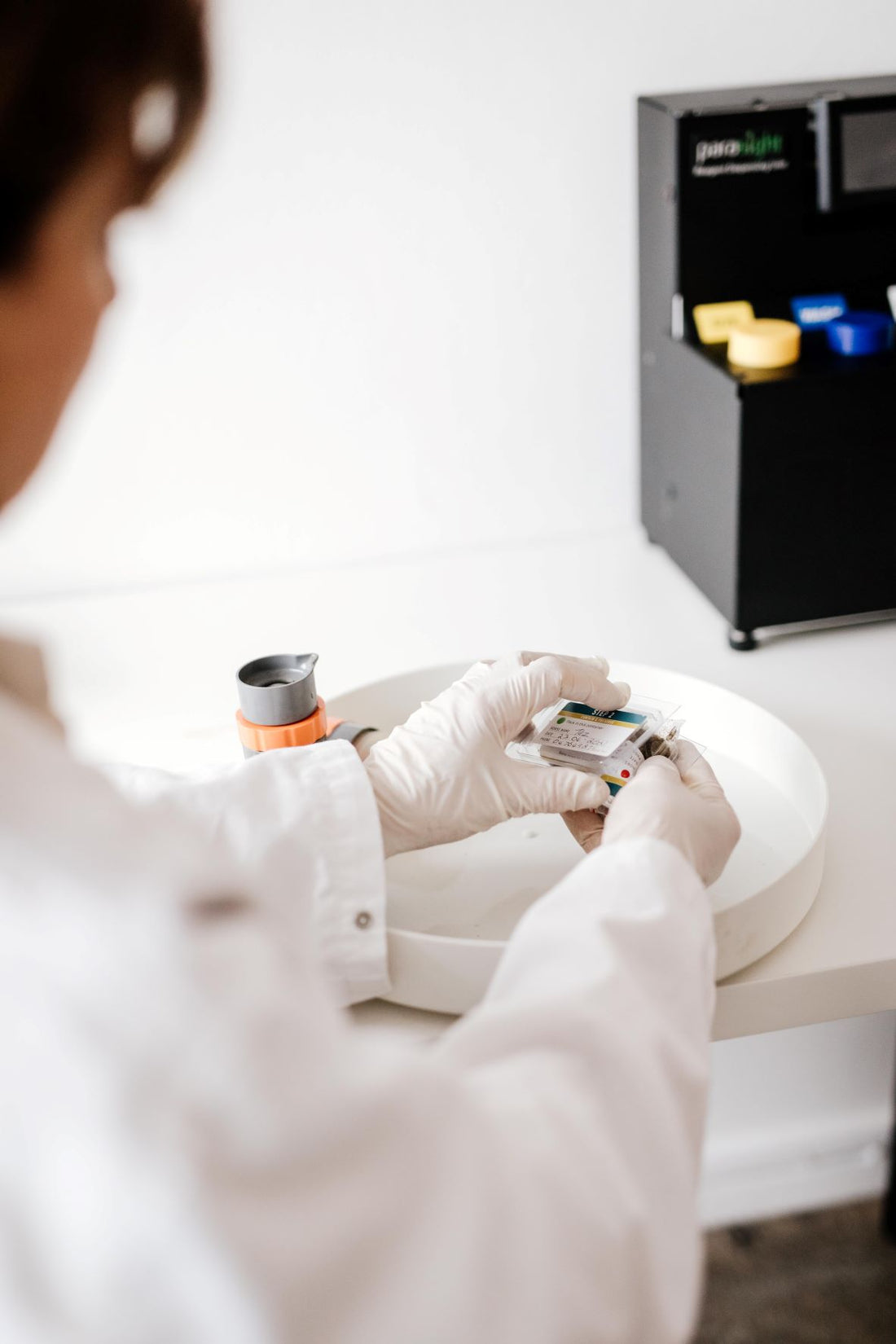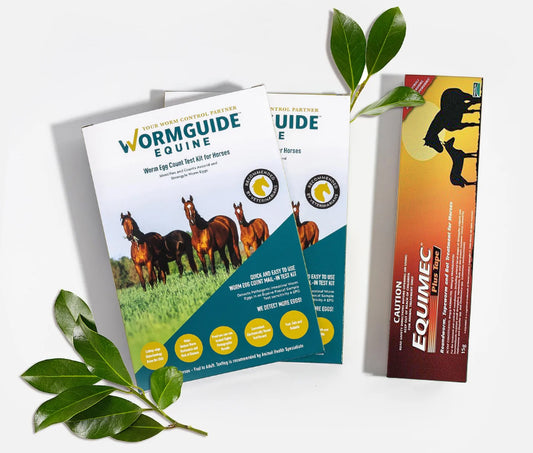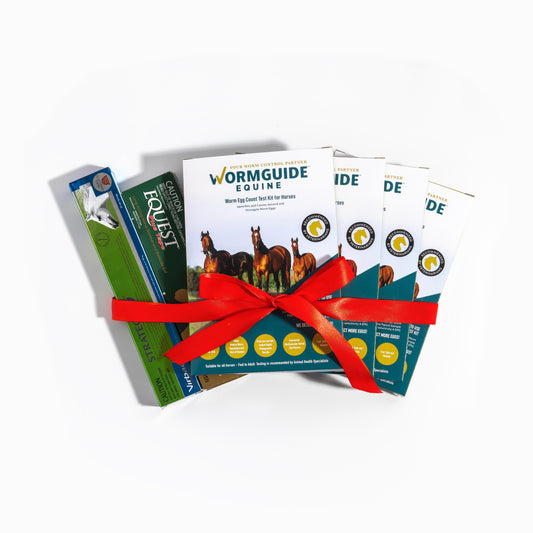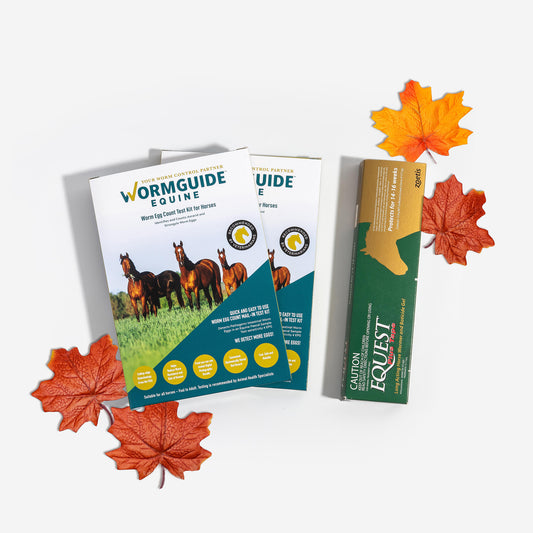At WormGuide, your horses` health and safety are always top priority. We take a look at a common misconception when it comes to deworming horses and are here to tell you how you may be doing more harm than good.
Horse intestinal worms aren`t all bad!
A renowned expert on equine parasitology, Craig Reinemeyer DVM PhD states: “Equine parasites have co-evolved with the horse over 60 million years of evolution. They are unique to the horse. We need to manage worms, not try to eradicate them. Our efforts at eradication are what have led us quickly to this problem of resistance.”
Why worms, like bacteria, aren`t all bad?
Prof. Martin Nielsen uses the comparison to bacteria in the intestinal tract of horses – the intestinal tract is full of bacteria, it`s normal and yes some are potentially harmful, but we don`t medicate our horses at fixed intervals with penicillin every 8 weeks or so.
Why don`t we do that? Because there are many potential unwanted side effects – like penicillin resistance and disruption to natural bacterial flora.
Horse worms should be thought of in a similar manner. It is normal for horses to have worms in their gut and no matter what we do, they are going to be there. Decades of intensive deworming horses at fixed intervals with worming medications every 8 weeks or so in an attempt to eradicate worms has resulted in a very serious side effect – horse dewormer resistance – horse worms no longer respond to the treatments used to kill them.
Should you stop deworming horses?
We should be concerned about intestinal horse worms because they can cause serious disease in individual horses. Horses that are exposed to high numbers of worm eggs and larvae, and/or susceptible to worm infection due to young or old age, and other health issues are vulnerable and at risk to worm related disease.
Reasons for deworming horses

In foals, we need to avoid high ascarid roundworm burdens that typically occur around four to six months of age. Large roundworm burdens put them at risk for small intestinal impactions – which are life-threatening. During this time, small strongyle worms may start to play a role also.
In all horses and particularly yearlings and youngsters we need to make sure they do not accumulate large burdens of encysted small strongyle worms, which can be harmful and cause disease.
Tapeworms are common on most horse properties but not that common in more arid and dry climates. They can cause colic in horses with high burdens.
In all age groups, we need to prevent bloodworm (large strongyle) from occurring because they cause life-threatening disease. This worm has become rare in most managed horses but has been found to re-emerge in horses that never or rarely receive horse deworming treatment. The bloodworm is the most damaging of all horse worms and causes severe and sometimes fatal disease in the horse.So we need to keep this one out of the picture.
So, there are important reasons to deworm horses. But medicating all horses with an arsenal of horse dewormers at fixed calendar dates year-round is harmful and should be abandoned and replaced with faecal egg count testing, basic foundation deworming, and some basic knowledge about worms and their life cycles infecting your horses.
Visit our parasite video library about the worms’ horses encounter in their lives and how they infect horses and which horses are at risk.
WormGuide: striving to help horse owners
Ready to treat horses without doing harm? With our standout, eco-friendly and easy to use faecal sample collection Kit for precision faecal egg count testing, WormGuide is a great way to help you deworm your horse without doing harm.
Discover first hand the benefits of high quality faecal egg count testing
For foals: The Super Surveillance faecal egg count test at 5 months, prior to weaning, is the precision test every foal deserves. The egg count result will tell you if your foal has primarily ascarid roundworms, strongyle worms or both so you can select the most appropriate horse dewormer.
Order today and say hello to the WormGuide way.

Get Ready for Autumn – the peak time to deworm horses!
Prevent dangerous bloodworm, address tapeworm, encysted and egg laying strongyle worms with WormGuide`s convenient Autumn Advantage seasonal bundle- Test, Treat, Check for the basic foundation deworming for all horses. Test with the Super Surveillance Test to ensure you get a gauge of worm egg numbers and the after treatment Truth Teller Test to check for treatment success or failure- ensure you can continue using the deworming product.
Faecal Egg counts are here to stay. They do good so you do good for your horses.
PS - Don't forget to sign up here to our newsletter to get the latest worm control news and healthy horse inspiration.











